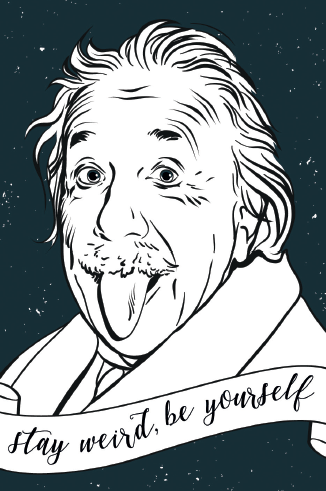THE SECRET POWER OF INTROVERTS
What do you think Charles Darwin, Al Gore, and J.K. Rowling have in common? How about Albert Einstein, Mahatma Gandhi and Google’s Larry Page? They are icons. They are leaders. And, they are introverts.
Despite the corporate world’s insistence on self-confidence — Speak up! Promote yourself! Network! — one hyphen third to half of Americans are introverts, according to Susan Cain, the author of just released Quiet: The Power of Introverts in a World That Can’t Stop Talking. She contends that personality shapes our lives as profoundly as gender and race, and where you fall on the introvert-extrovert spectrum is the single most important aspect of your personality.
“A widely held, but rarely articulated, belief in our society is that the ideal self is bold, alpha, gregarious,” says Cain. “Introversion is viewed somewhere between disappointment and pathology.”
By Cain’s definition, introverts prefer less stimulating environments and tend to enjoy quiet concentration, listen more than they talk and think before they speak. Conversely, extroverts are energized by social situations and tend to be assertive multi-taskers who think out loud.
Research shows that charismatic leaders earn more but do not have better corporate performance; that brainstorming results in lower quality ideas.
Cain is not seeking introvert domination. She acknowledges that big ideas and great leadership can come from either personality type. What she wants is a better balance and inclusion of different work styles.
Furthermore, she believes that extroverted and introverted leaders excel in different areas and can learn from each other. Studies show that introverts are better at leading proactive employees because they listen to and let them run with their ideas. Meanwhile, extroverts are better at leading passive employees because they have a knack for motivation and inspiration.

